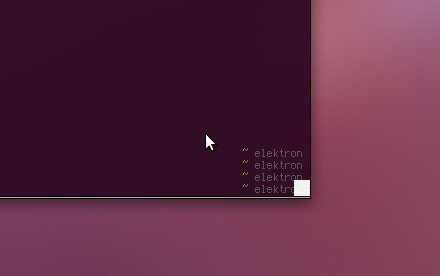I’m finally back to coding Go DNS and making it work with the latest Go releases. Also the API has changed quite significantly since the last time I blogged about it.
So this I will detail key2ds which is small utility that queries a zone and print any DNSKEY records as DS records on the fly, to show the new API and some sample usage.
% ./key2ds sidn.nl
sidn.nl. 0 IN DS 42033 8 1 343F74674D36C9B5BE2CEB2C401AC4EDEB2A05B2
sidn.nl. 0 IN DS 42033 8 2 BF985EC0738FACC89EE0B12FBD9261827C59191D9EA6A9BDFF55F9BDF3DBBFF3
sidn.nl. 0 IN DS 39274 8 1 E79E031DFDE8E68EF1E2C6CA0943C2CC0DED1889
sidn.nl. 0 IN DS 39274 8 2 8E8A8CFB40FD0C30BFA82E53752E1C257DAFB7B6206D12B9EDA43AF3EAB2157D
This util uses synchronous queries. I will explain the main-function:
